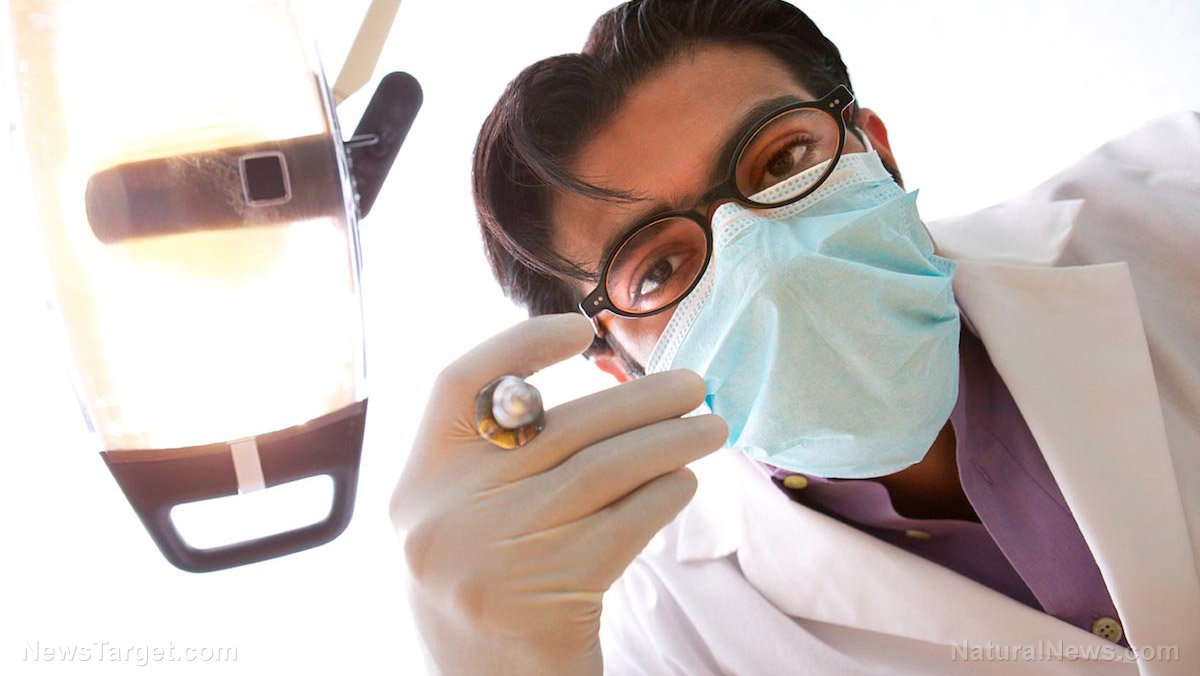
Around 20 million people in the U.S. have some form of thyroid disease. Six out of every 10 have no idea that their thyroid is malfunctioning.
Hashimoto's disease, also called Hashimoto's thyroiditis, is the most common cause of hypothyroidism in North America. It is a progressive autoimmune disease that eventually destroys the thyroid gland.
The disease can affect up to five percent of Americans at some point in their lifetime. It is more prevalent among women than men, with postpartum thyroiditis occurring in 10 percent of patients. Most cases of Hashimoto's disease involve patients between 30 and 60 years old.
Despite its prevalence among Americans, hypothyroidism is under-diagnosed. This is because the reference ranges were drawn from a population that was not screened, hence it might have included people who were already suffering from thyroid problems. (Related: These are the foods you should avoid if you have an underactive thyroid.)
Levothyroxine is nowhere near as good as natural thyroxine
Conventional treatment for hypothyroidism involves either artificially suppressing and modulating hormone levels or replacing the thyroid hormone. In particular, Hashimoto's disease is usually treated with levothyroxine in order to return thyroid stimulating hormones (TSH) to normal levels.
However, levothyroxine only makes it look like TSH levels have returned to normal. It does not actually improve the health of the patient. What's worse, the artificial hormone treatment causes adverse effects.
"For those who do receive the label of hypothyroid, they remain obliquely objectified by their lab work as their doctors use synthetic T4 – Synthroid – to attempt to move their TSH within range, more often leaving them symptomatic but “treated” because of poor conversion to active thyroid hormone (T3) and suppression of natural T3 production because of their now lower TSH," said Dr. Kelly Brogan, a holistic women's health psychiatrist.
Levothyroxine is produced from genetically modified yeast. Its manufacturer claims that the artificial hormone is identical to the thyroxine that is produced by the human thyroid gland but they are only identical at the primary amino acid structure. Thyroxine and its synthetic counterpart have different conformational states.
The differences between their secondary, tertiary, and quaternary folding patterns cause these chemicals to function differently. This may account for the results of clinical trials where patients treated with natural hormones experienced much better outcomes than those given artificial hormones.
Why synthetic T4 might fail and cause harm
Only minute amounts of thyroxine is found in its free state in the human body. More than 99 percent of thyroxine is bound to proteins that prevent it from entering tissues.
So even if manufacturers succeed in creating an artificial version of thyroxine that has the same conformational state, their isolated synthetic T4 still cannot be considered identical to the complexed thyroid hormones that exist naturally. They also may not be clinically effective.
In addition, levothyroxine preparations could be contaminated by its stereoisomer, dextrothyroxine. If taken unwittingly by people with existing heart conditions, dextrothyroxine can have serious effects on the heart.
In conclusion, levothyroxine may not be effective or safe as a treatment for Hashimoto's disease. Patients will be better off trying to find natural means of treating the condition, such as addressing their deficiencies in selenium and vitamin D using natural medicine. Vitamin D deficiency and selenium deficiency are two root causes of the disease.
Sources include:
Please contact us for more information.


















